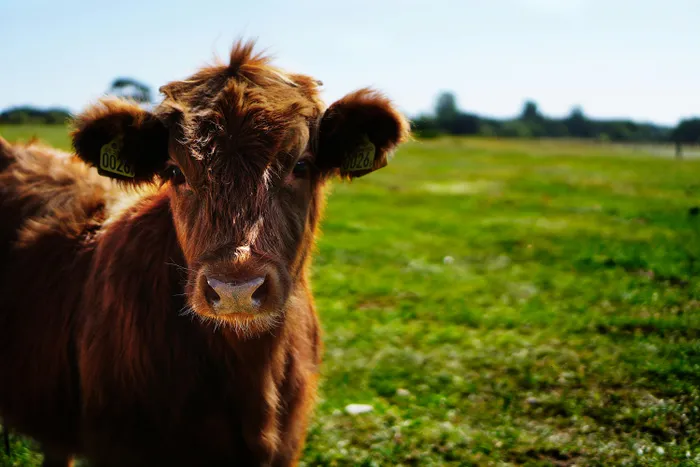Foot and Mouth Disease update: Restrictions lifted in Eastern Cape and Limpopo

The Minister of Agriculture has lifted disease management areas in key provinces, signalling a successful effort to combat Foot and Mouth Disease
Image: Pexels/Pixabay
Minister of Agriculture, John Steenhuisen, has announced the lifting of the disease management areas (DMAs) in the Eastern Cape and Limpopo provinces, following successful containment of the Foot and Mouth Disease (FMD) outbreaks.
This decision comes after rigorous veterinary interventions and vaccination efforts yielded positive results, ensuring the safety and health of local livestock and safeguarding the livelihoods of many farmers.
The DMAs in question were initiated in response to FMD incidents that posed a serious threat to cattle health and agricultural productivity. In the Kouga and Kou-Kamma municipalities of Eastern Cape, the DMA had been operational since July 26, 2024, aimed at controlling FMD outbreaks.
Through extensive vaccination campaigns, a remarkable 144,424 doses were administered to bolster herd immunity.
The last reported cases of FMD in this area were in September 2024, and following thorough serological surveys conducted by the department, officials are confident that the disease has been effectively contained.
As a result, the movement restrictions previously imposed under the DMA in Eastern Cape were officially lifted, as published in the Government Gazette.
This alteration brings a sense of relief to local farmers and communities keen to resume normal operations. However, Minister Steenhuisen emphasised that while restrictions have been relaxed, continued vigilance is essential for maintaining biosecurity.
In Limpopo, the situation mirrors that of the Eastern Cape. The DMA had been in place since September 2022, primarily focusing on FMD control within diptanks in the Vhembe Municipality.
Here, a total of 23,024 vaccinations were conducted across 34 diptanks, and post-vaccination evaluations confirmed the absence of FMD virus. The lifting of restrictions in Limpopo follows these results, allowing added freedom for farmers in the region.
Despite the positive developments in Eastern Cape and Limpopo, the fight against FMD is not over. The Minister noted that the DMA in KwaZulu-Natal will stay intact due to ongoing signs of active virus circulation in that region.
In response to recent outbreaks detected beyond the current DMA, stringent biosecurity measures are being enforced, including assessments of individual farm protocols to ensure maximum protection against further infections.
In a proactive move, the Department of Agriculture has decided to permit milk from the 76 farms in Eastern Cape under quarantine to enter local markets after undergoing single pasteurisation, rather than the double pasteurisation required during the active disease phase.
This careful relaxation of restrictions aims to support the local economy while ensuring that heightened safety measures remain a priority.
Minister Steenhuisen reiterated the crucial role of community involvement in biosecurity efforts.
He stated, “Biosecurity is not just a farming concern, but a shared responsibility of every individual in South Africa. We call on all citizens, especially those interacting with livestock or moving between rural areas, to consistently adhere to all biosecurity measures. Only through our collective efforts can we safeguard our agricultural sector, protect livelihoods, and ensure FMD-free areas.”
IOL
Related Topics: